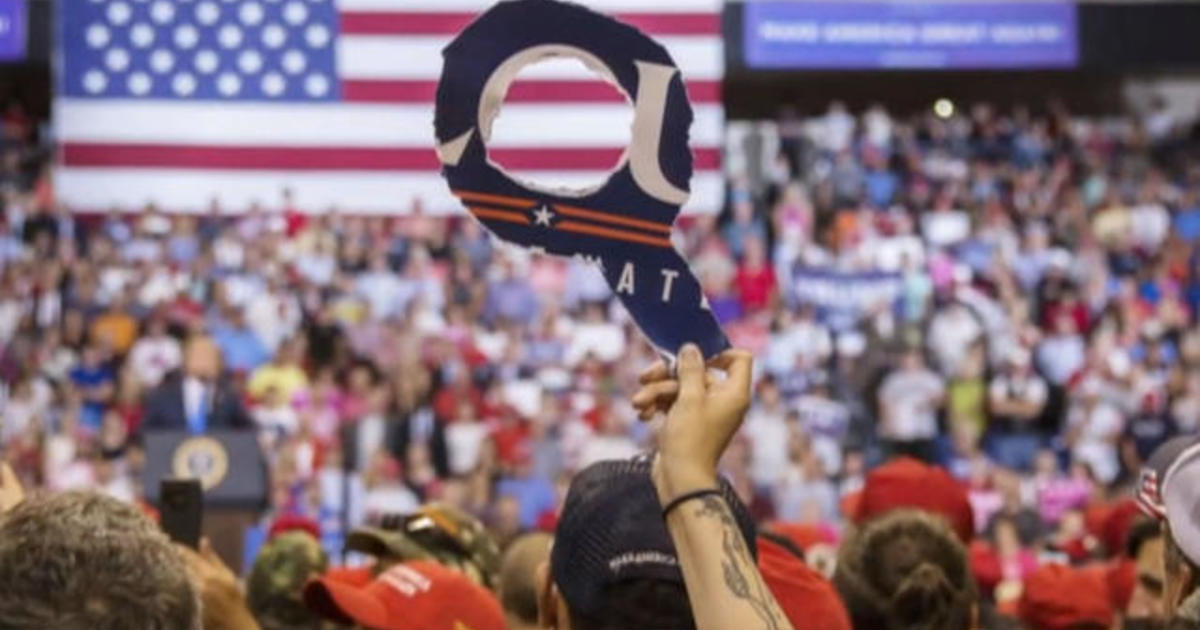Facebook announced Tuesday that it will remove pages, groups and Instagram accounts “representing” the conspiracy movement QAnon, ratcheting up the social media giant’s stance against the group. Supporters of QAnon claim America is run by pedophiles and child sex-traffickers and that President Trump is the only person who can stop them. The group has been criticized for spreading misinformation and encouraging abuse online.
“Starting today, we will remove any Facebook Pages, Groups and Instagram accounts representing QAnon, even if they contain no violent content,” the company said in a statement. Facebook did not specify what it means to “represent” QAnon in the statement, but The Associated Press reported that the platform will consider the name, biography or “about” section, as well as any discussions that occur on the page, group or Instagram account.
The company said it began targeting QAnon on August 19, when it “announced a set of measures designed to disrupt the ability of QAnon and Militarized Social Movements to operate and organize on our platform.” The statement said that in the month following that announcement, Facebook removed 1,500 pages and groups for QAnon that contained discussions of potential violence, and implemented other measures to limit the group’s online reach.
But Facebook said it now believes stronger action must be taken against QAnon, even in contexts where it is not discussing violence. “While we’ve removed QAnon content that celebrates and supports violence, we’ve seen other QAnon content tied to different forms of real world harm, including recent claims that the West Coast wildfires were started by certain groups, which diverted attention of local officials from fighting the fires and protecting the public,” the company said.
Facebook said it has also begun directing users who search for certain hashtags related to child safety to credible information about the subject, “to address QAnon supporters using the issue of child safety to recruit and organize.” QAnon supporters have recently staged several #SaveOurChildren demonstrations, and have been accused of using the plight of trafficked children to recruit more followers. Facebook is not alone. Twitter said in July that it will “no longer serve content and accounts associated with QAnon in Trends and recommendations” and will block URLs associated with the group from being shared. The platform also said it would permanently suspend accounts that coordinate abuse or attempt to avoid suspension.
Despite its fringe beliefs, the movement has gained political traction in recent years. According to liberal watchdog group Media Matters for America, 25 candidates on the ballot in November have “endorsed or given credence to the conspiracy theory or promoted QAnon content.”
